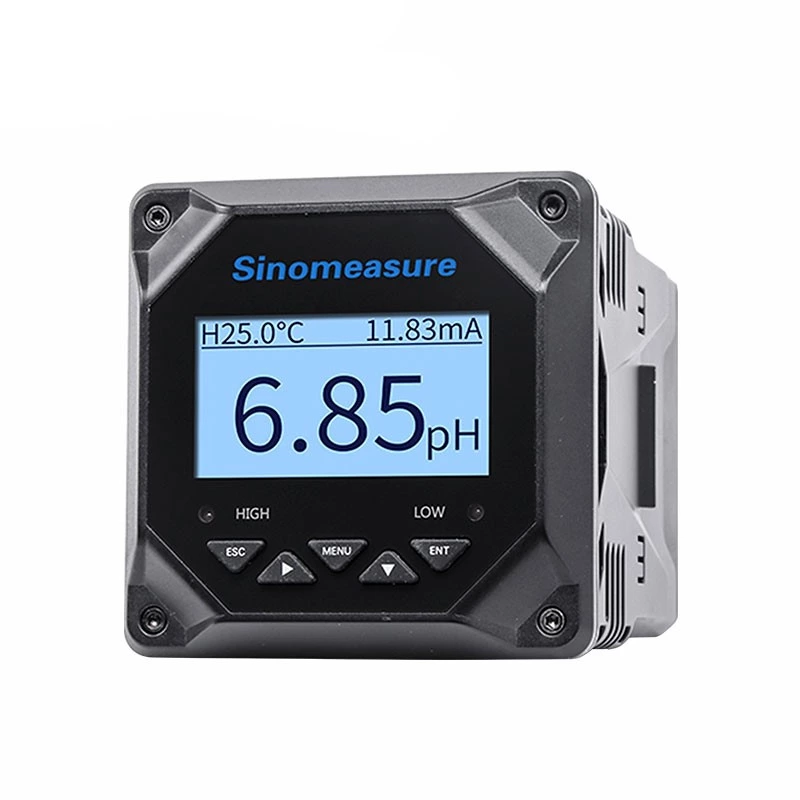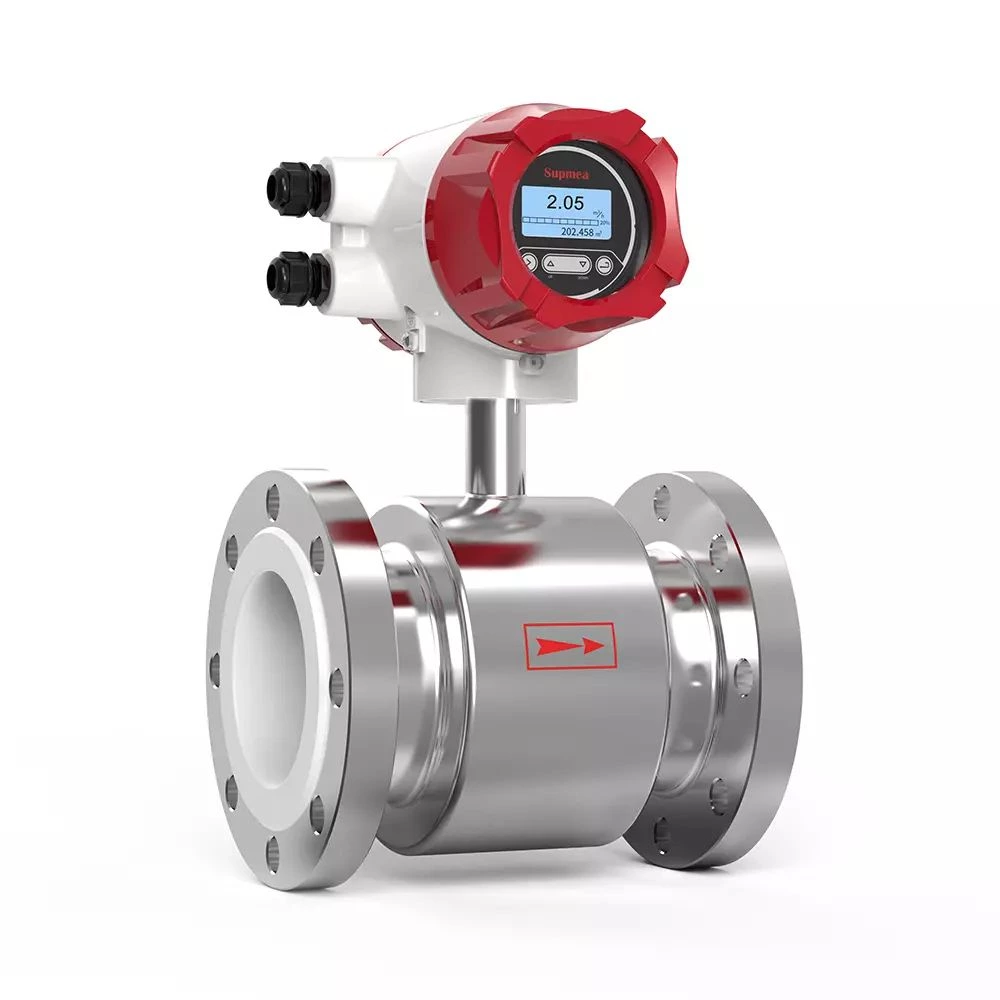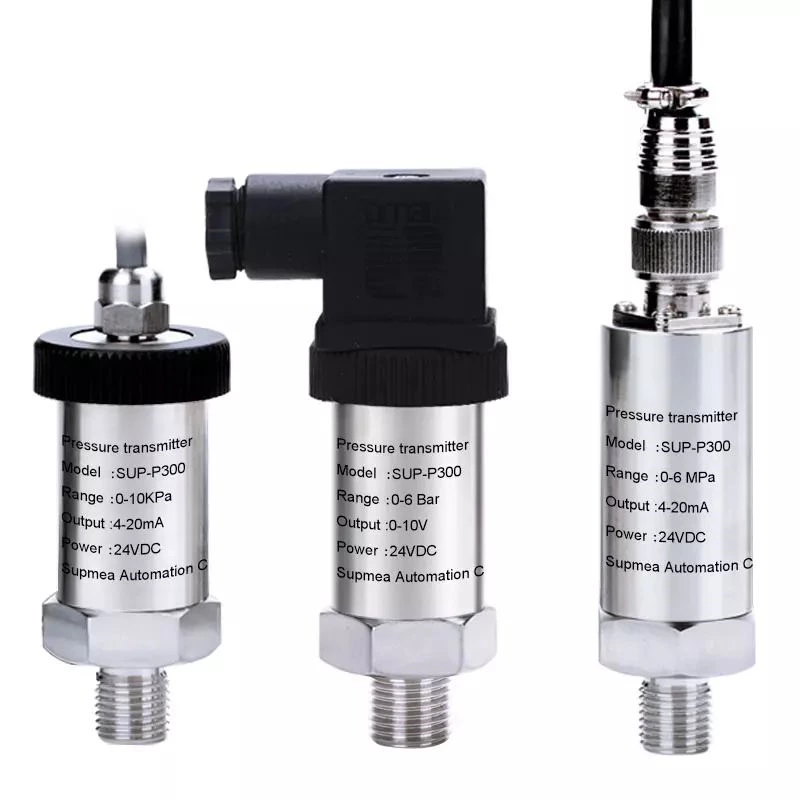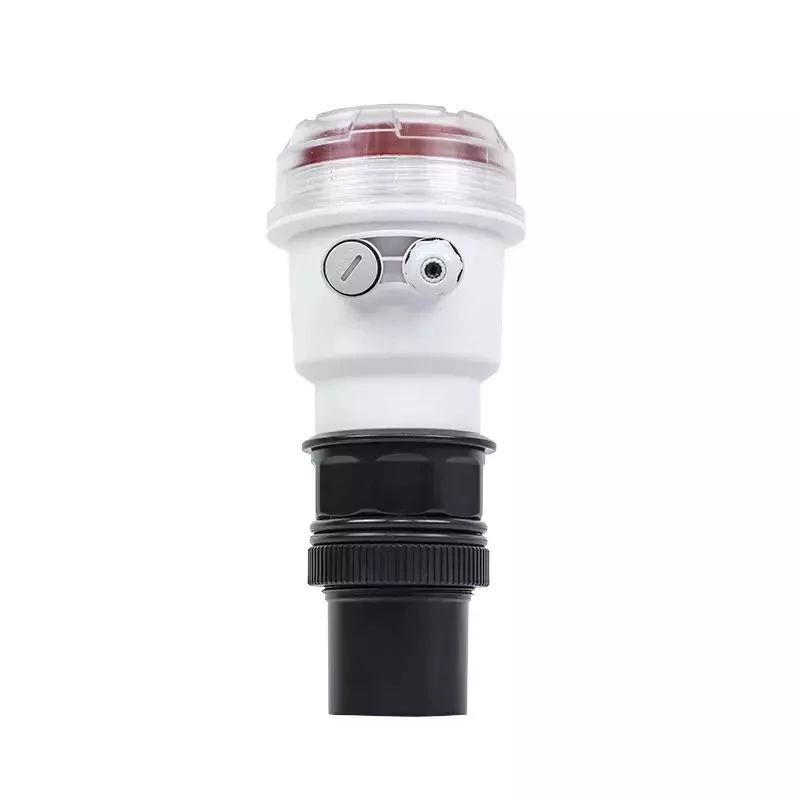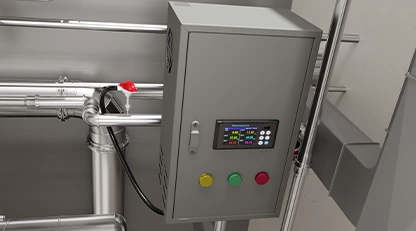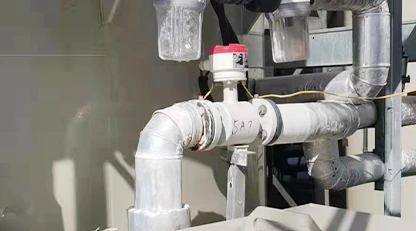What is the pH meter principle?
The pH meter measures the acidity or alkalinity of a solution by measuring the hydrogen ion concentration (pH) in the solution. The pH meter uses a glass electrode with a reference electrode immersed in the solution to measure the voltage difference between the two electrodes. The glass electrode is sensitive to changes in the hydrogen ion concentration in the solution, and the reference electrode maintains a constant potential. The pH meter then converts the voltage reading into a pH value, which indicates the level of acidity or alkalinity of the solution.
Where is pH meter used?
pH meters are commonly used in a variety of industries and applications, including:
Environmental monitoring: pH meters are used to measure pH levels in bodies of water, such as rivers, lakes, and oceans to monitor environmental health.
Food and beverage industry: pH meters are used to measure the acidity of various food and beverage products, such as wine, beer, and dairy products, to ensure quality and safety.
Chemical industry: pH meters are used to monitor pH levels in chemical reactions to ensure optimal conditions for the reaction to occur.
Agriculture: pH meters are used in agriculture to measure the pH level of soil, which helps farmers determine which crops will grow best in a particular area.
Medical industry: pH meters are used in the medical industry to monitor the pH level of blood, urine, and other bodily fluids to help diagnose and monitor various health conditions.
Research and development: pH meters are used in research and development to measure the pH levels of various materials and substances, including pharmaceuticals, cosmetics, and plastics.
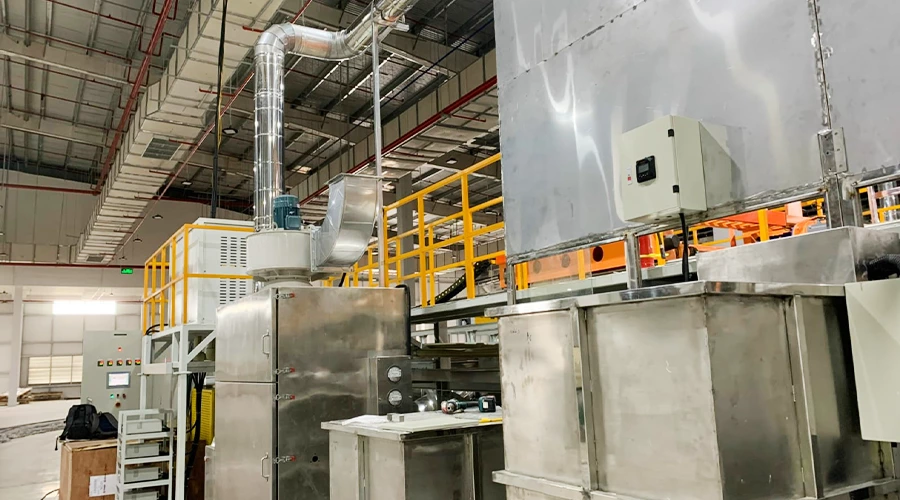
What is the importance of pH meter?
The pH meter is an essential tool for measuring the acidity or alkalinity of a solution. It helps to determine the pH value, which is a critical parameter in many industrial and scientific processes, including water treatment, food and beverage production, chemical manufacturing, and medical research. The pH meter can also help to maintain the proper pH range in aquariums, swimming pools, and soil for gardening. Accurate pH measurements are crucial for ensuring the quality and safety of products and processes and for maintaining the health of living organisms. Therefore, the importance of pH meter lies in its ability to provide precise and reliable pH measurements for a wide range of applications.
What are three applications of pH?
The three applications of pH are:
Environmental monitoring: pH is used to monitor the acidity or alkalinity of environmental samples such as water, soil, and air. This is important for assessing the health of ecosystems, identifying potential pollutants, and ensuring compliance with environmental regulations.
Industrial processes: pH is critical in many industrial processes, particularly in chemical manufacturing, food and beverage production, and wastewater treatment. Proper pH control can improve product quality, increase efficiency, and prevent equipment corrosion.
Biological systems: pH plays a crucial role in many biological systems, including human physiology, plant growth, and microbial activity. Measuring pH can provide insights into the health and functioning of these systems and help diagnose and treat diseases.


